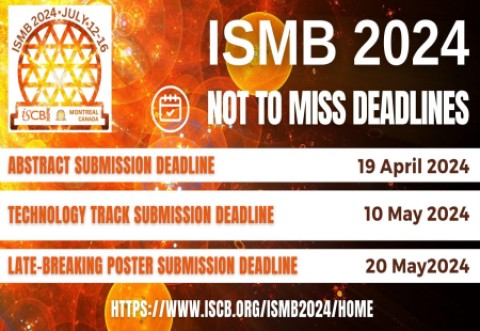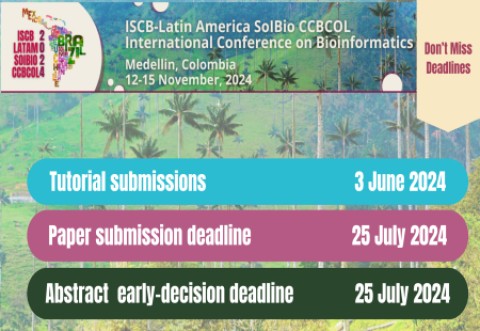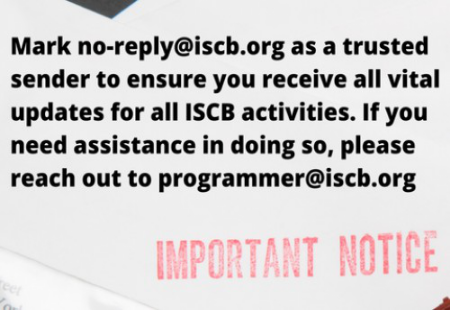
FASEB News - June 9, 2010
Healthy diet could slow or reverse early effects of Alzheimer’s Disease
Tuesday, June 8, 2010
CONTACT: Preston Moretz <This email address is being protected from spambots. You need JavaScript enabled to view it.> 215-204-4380
Patients in the early to moderate stages of Alzheimer’s Disease could have their cognitive impairment slowed or even reversed by switching to a healthier diet, according to researchers at Temple University.
In a previous study, researchers led by Domenico Praticò, an associate professor of pharmacology in Temple’s School of Medicine, demonstrated that a diet rich in methionine could increase the risk of developing Alzheimer’s Disease. Methionine is an amino acid typically found in red meats, fish, beans, eggs, garlic, lentils, onions, yogurt and seeds.
“The question we asked now as a follow-up is if, for whatever reason, you had made bad choices in your diet, is there a chance you can slow down or even reverse the disease or is it too late — that there is nothing you could do,” said Praticò.
As in the previous study, the researchers fed one group of mice a diet high in methionine and another group a regular, healthy diet. After five months, they split the group receiving the methionine-rich diet into two, with one group continuing the amino-heavy diet while the second switched to the healthy diet for an additional two months.
“At the end of the study, when we looked at these mice, what we found — very surprisingly — was that switching to a more healthy diet reversed the cognitive impairment that had built up over the first three months of eating the methionine-rich diet,” said Praticò. “This improvement was associated with less amyloid plaques — another sign of the disease — in their brains.
Pratico said that the cognitive impairment that had been observed in the mice after three months on the methionine-rich diet was completely reversed after two months on the healthier diet, and they were now able to function normally.
“We believe this finding shows that, even if you suffer from the early effects of MCI or Alzheimer’s, switching to a healthier diet that is lower in methionine could be helpful in that memory capacity could be improved,” he said.
Pratico stressed that this was not a drug therapy for curing MCI or Alzheimer’s, but that it did demonstrate that a lifestyle change such as diet can improve some of the impairments that have already occurred in the brain.
“What it tells us is that the brain has this plasticity to reverse a lot of the bad things that have occurred; the ability to recoup a lot of things such as memory that were apparently lost, but obviously not totally lost,” he said.
Pratico also emphasized that the researchers believe that in addition to switching to a healthy diet, patients diagnosed with MCI or Alzheimer’s also need a regiment of physical as well as mental exercises.
“This combination won’t cure you, but we believe, as we saw in this study, that it will be able to slow down or even possibly reverse the effects on the cognitive impairment,” he said.
The study, “Normalization of hyperhomocysteinemia improves cognitive deficits and ameliorates brain amyloidosis of a transgenic mouse model of Alzheimer’s disease,” is being published in the Journal of the Federation of American Societies for Experimental Biology . It was funded by a grant from the National Institutes of Health.
Copies of this study are available to working journalists and may be obtained by contacting Preston M. Moretz in Temple’s Office of University Communications at This email address is being protected from spambots. You need JavaScript enabled to view it..






























